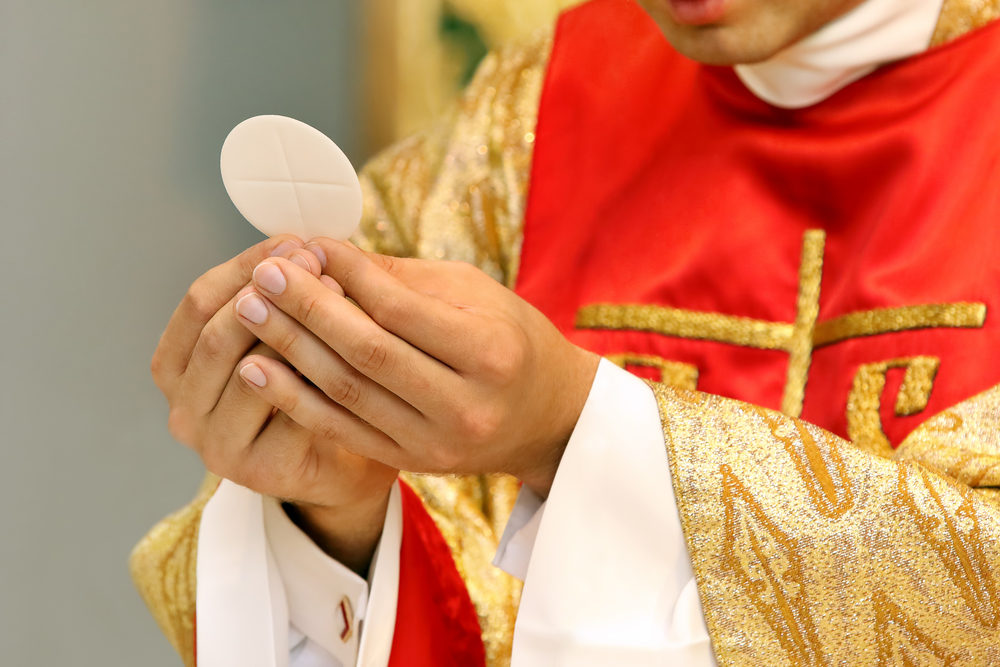
This week, criminal charges were filed against disgraced and defrocked Theodore McCarrick for incidents that began in 1974 in Massachusetts. The sexual abuse of the then 16-year-old began at a wedding reception in Massachusetts where the survivor lived with his family. McCarrick faces 3 counts of indecent assault and battery on a person age 14 or over, and is expected to appear for arraignment on Sept. 3. Each charge carries a penalty of up to five years in prison and the requirement to register as a sex offender.
The criminal act for which McCarrick faces charges occurred 47 years ago, well past a typical statute of limitations (except for murder). So, how were law enforcement officials and the District Attorney able to file these criminal charges given the considerable passage of time?
According to the NY Times, “This week’s criminal charges against Mr. McCarrick, filed in Dedham District Court in Massachusetts, represent a new moment in victims’ efforts to hold church officials accountable. The charges could proceed because of a feature of Massachusetts law: because Mr. McCarrick was not a resident of Massachusetts, the clock on the statute of limitations there stopped when he was not in the state.”
This tolling of the statute allowed criminal charges to be brought against the 91-year-old former cardinal. As news of the criminal charges spread, more charges may be coming if there are more people who come forward from Massachusetts. McCarrick is already the subject of numerous civil lawsuits in New York, Newark, and Metuchen where he served as an auxiliary bishop, bishop, and archbishop.
The news was another black eye for the Catholic Church still reeling from the resignation of Monsignor Jeffrey Burrill, the top official at the U.S. Conference of Catholic Bishops, after it was revealed in media reports that Burrill used the Grindr app to make numerous encounters for sex.
Unlike the Burrill matter, McCarrick had a long history of sexual abuse known in Catholic circles in the United States and the Vatican. In spite of the rumors and testimony of priests and seminarians about McCarrick’s behavior, he continued to be promoted up through the ranks by two different popes and a third that refused to take action against him when he had hard evidence against him.
If church officials had acted when he was Cardinal Cooke’s secretary in New York prior to his ordination to the episcopacy in 1977, many lives could have been spared the needless tragedy of sexual abuse at the hands of a powerful prelate who ingratiated himself with other powerful Catholic officials through his fundraising prowess and affability. It is inconceivable how McCarrick was the bishops’ point person when the sex abuse scandal broke in Boston in 2002. Seventeen years later, he was laicized and living in seclusion facing lawsuits from survivors. Publicly, he continues to deny any wrongdoing in spite of a lengthy Vatican Report that provides damning evidence contradicting his protestations of innocence.
McCarrick is the highest Catholic official in the United States to be criminally charged with counts related to the sexual abuse of minors. Undoubtedly, this opens old wounds for many survivors. However, it is a watershed moment in which a powerful man will now have to face the consequences of his behavior in the criminal justice system. We have come a long way since 2002 when Cardinal Bernard Law railed against the Boston Globe as anti-Catholic. Criminal charges demonstrate that society won’t tolerate these monsters who prey on children. It is another day of reckoning for Mr. McCarrick and the Catholic Church. It’s about time.

Admitted to practice law in all federal multidistrict litigation courts, the California State Bar and the Florida Bar. His philosophy is to provide aggressive, quality representations and seek fair compensation for individuals and their families who have suffered injury, death, or sexual abuse.





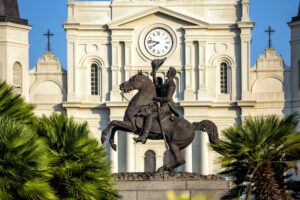
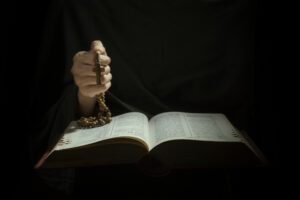
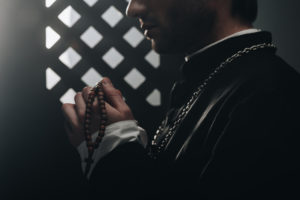
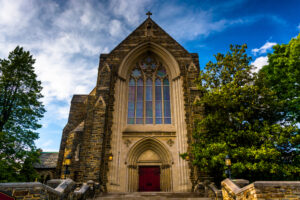








Comments for this article are closed.